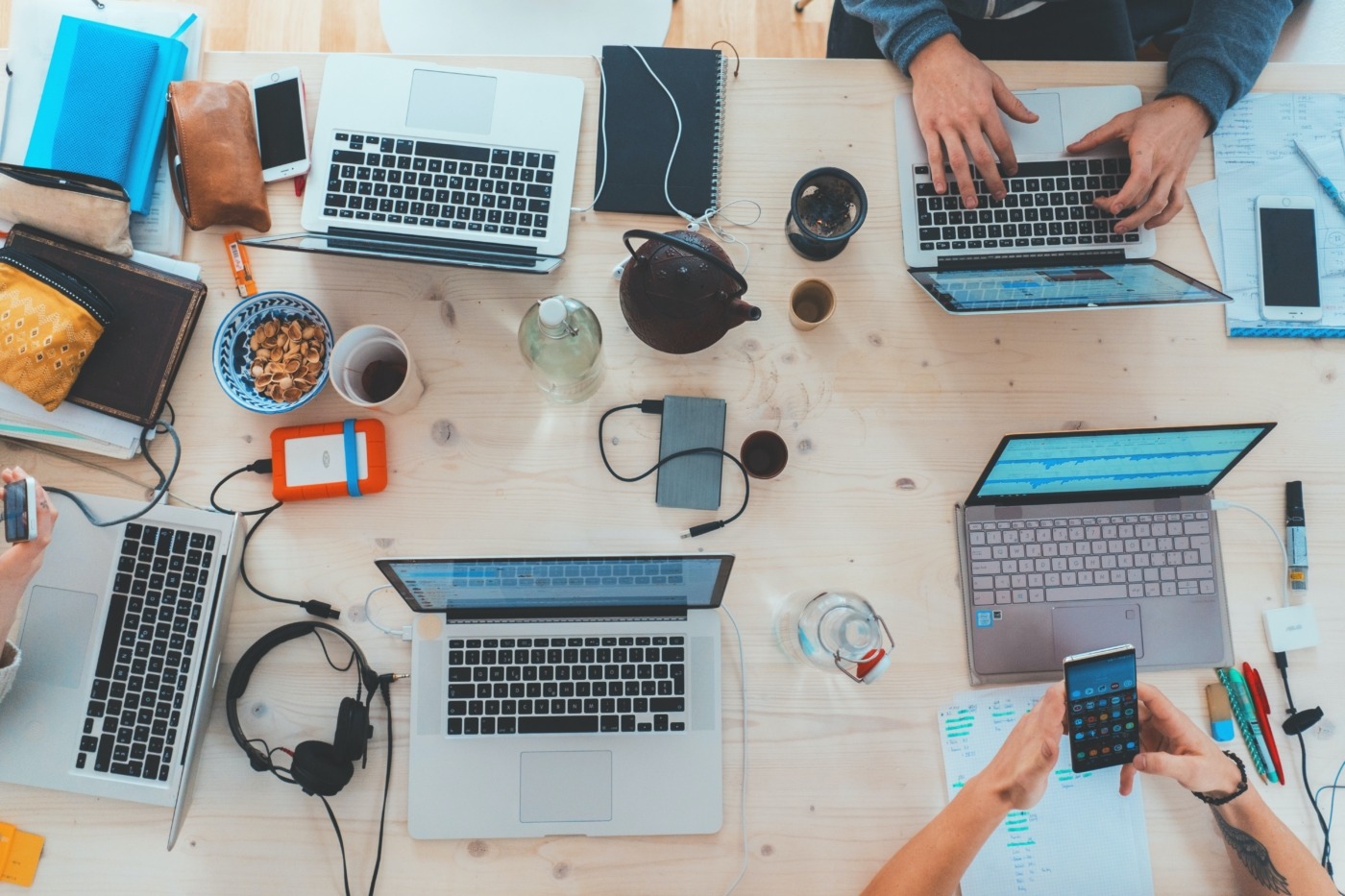How has the pandemic affected student technology habits at Warwick?
The engagement of technology with so much of our everyday lives makes every moment appear as an opportunity to connect, consume, and produce. The recent global health crisis saw much of our lives being digitalised, with many of us turning to technology and the Internet for comfort and convenience. Over two years on from the start of the pandemic, our lives have begun to return to normal. With this in mind, we asked Warwick students: how has their relationship with technology changed?
A survey conducted by The Boar Science & Tech found that 78% of respondents had increased their daily use of the Internet and technology compared to before the start of the outbreak. We found that many students had used technology in a new way because of the pandemic. This included using it for exercise, ordering groceries to be delivered, socialising with others, and attending health appointments. Amongst this, 74% of students reported that they had attended a live event virtually for the first time because of Covid-19.
Technology offers us access to unlimited information and content catered to our personal interests. It fuels our natural reward system, providing us instant gratification. Further, personalised advertising allows this content to be catered more to our individual interests. In several ways, it has made things more efficient, easier, and enjoyable. As society emerges from the confines of the pandemic, we find ourselves relying on technology more so now than ever. There are increasingly more prospects available to expand the applications of technology within our daily lives.
According to Ofcom’s ‘Online Nation’ report from 2021, people have been spending much more time online and on screens overall than in previous years. They also suggest that the pandemic has created a bigger digital divide, with some of the population finding the use of online services for previously in-person activities more troublesome than revolutionary.
96% felt that they spend more time than they need to online
Our investigation highlighted that the increased dependency on technology has made it more difficult for people to step back and ‘disconnect’ from the virtual world. Of those surveyed, 96% felt that the Internet and technology have been essential to them during the pandemic. 78% felt that they would struggle to live without the Internet more today than they would have before the pandemic.
It must be noted that many digital services grew in popularity during the pandemic, and therefore, many previously risky online behaviours have become more normalised. With the increased use of technology, however, comes an increased risk of data theft and privacy invasion as we store more and more information on our devices and digital applications. One respondent described virtual health appointments as a “privacy violation.” Along with this, people are more exposed to harmful content and misinformation. The encroaching of technology into our homes may increase our exposure to potentially harmful content and misinformation, as well as threaten our right to autonomy.
To gauge what all of this could mean for the post-pandemic future, we asked what technologies our participants would continue to use in place of an in-person alternative. Responses varied with some expressing preferences to carry on learning, working, and meeting new people virtually whilst others said they would not plan on maintaining these habits, instead opting for an offline experience. None of those surveyed would prefer to attend an event such as a concert or performance virtually. Perhaps some face-to-face interactions will not be so easily replaced by a digital alternative.
It is important for us to consider and reflect on the ways in which technology influences our behaviour. None of those surveyed expect to be using digital technology much less in the future, though 96% felt that they spend more time than they need to online. One student told The Boar Science & Tech that they expect to be using it much more daily, adding that: “I think the change will be placed upon me”, as opposed to being a personal choice.

Comments